Coyotes eating our chickens!
xena_z4
18 years ago
Featured Answer
Comments (25)
lesli8
18 years agosullicorbitt
18 years agoRelated Professionals
New Bedford Landscape Architects & Landscape Designers · Lowell Landscape Architects & Landscape Designers · Canton Landscape Contractors · Tempe Landscape Contractors · Matteson Landscape Contractors · Mount Sinai Landscape Contractors · Oxnard Landscape Contractors · Paramount Landscape Contractors · Royal Oak Landscape Contractors · Irvington Landscape Contractors · Beverly Hills Siding & Exteriors · Fairfax Siding & Exteriors · Sacramento Siding & Exteriors · St. Louis Siding & Exteriors · Tigard Siding & Exteriorshotzcatz
18 years agoFogLily
18 years agoMomothegardenhoe zone 5, Central NY
18 years agojudyag_44
18 years agomadspinner
18 years agomatt_19
17 years agopangiya
17 years agolilies4me
17 years agovancleaveterry
17 years agoruthieg__tx
17 years agopdnervo
15 years agobrendan_of_bonsai
15 years agoorganicway
15 years agoyotetrapper
15 years agogourd_friends
15 years agosuenh
14 years agodeber
12 years agodoninalaska
12 years agoGeraldC
12 years agojdoren500_yahoo_com
12 years agotwocyl
12 years agoBarbara Sumerwell
8 years ago
Related Stories
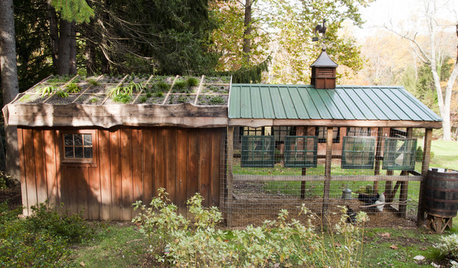
FARM YOUR YARDHouzz Call: Show Us Your One-of-a-Kind Chicken Coops
Do you have a fun or stylish backyard shelter for your feathered friends? Post your pictures and stories in the Comments!
Full Story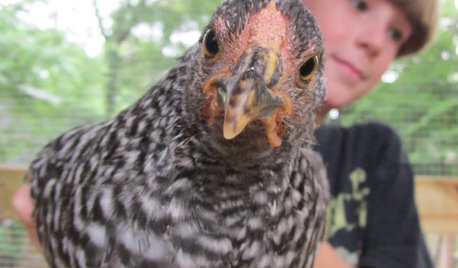
FARM YOUR YARD4 Farm-Fresh Chicken Coops in Urban Backyards
These Atlanta henhouses are worth crowing about for their charming, practical designs
Full Story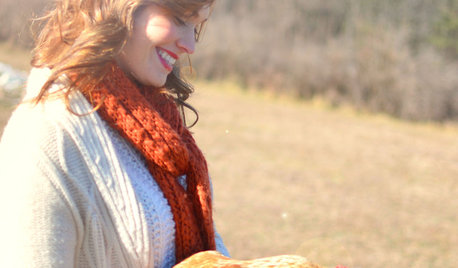
GARDENING AND LANDSCAPINGRaise Backyard Chickens Without Ruffling Neighbors' Feathers
Before you build a coop in the backyard, follow these strategies to help keep your neighbors from squawking
Full Story
GARDENING AND LANDSCAPINGBackyard Living: The Scoop on Chicken Coops
Perk up your morning with fresh eggs and chickadee clucks when you build a chicken coop in your own yard
Full Story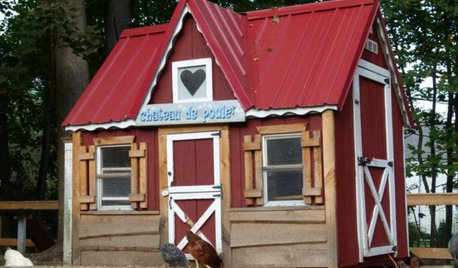
GARDENING AND LANDSCAPINGChicken Coops That Rule the Roost
These 8 chicken coops designed by Houzz users will have you clucking in admiration — and maybe even planning a henhouse of your own
Full Story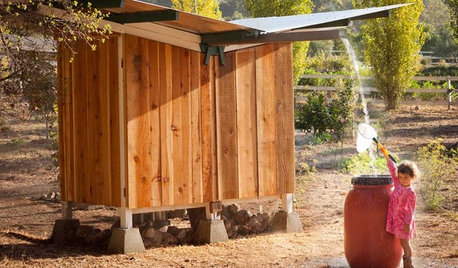
FARM YOUR YARDCollecting Rainwater and Eggs From a California Chicken Coop
See how a butterfly roof helps a hen home’s design soar into double-duty territory
Full Story
INSPIRING GARDENSChickens, Chess and Swimming Star in a Silicon Valley Yard
Some fowl play is afoot in these outdoor rooms, but the family members and their many guests have a pretty good time too
Full Story
KITCHEN DESIGN16 Scrumptious Eat-In Kitchens and What They Want You to Serve
Whether apple-pie cheerful or champagne sophisticated, these eat-in kitchens offer ideas to salivate over
Full Story
KITCHEN DESIGNKitchen of the Week: Turquoise Cabinets Snazz Up a Space-Savvy Eat-In
Color gives a row house kitchen panache, while a clever fold-up table offers flexibility
Full Story
HEALTHY HOME12 Ways to Set Up Your Kitchen for Healthy Eating
Making smart food choices is easier when your kitchen is part of your support team
Full Story





minnie_tx